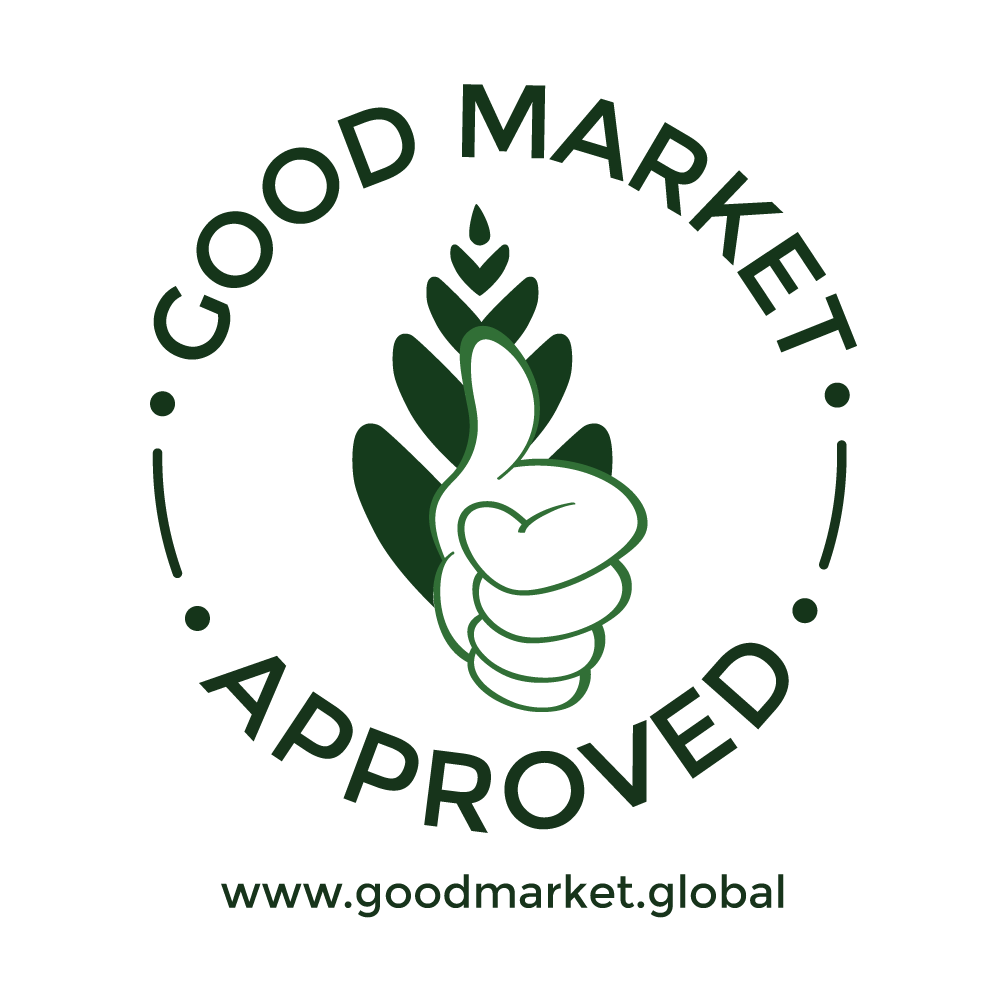
Health Equity at Work: Lessons from the WHO’s 2025 World Report
The World Health Organization’s World Report on Social Determinants of Health Equity (2025)(1) is more than a health policy update - it’s a wake-up call.
This report reminds us that where we’re born, the work we do, and the systems we live within, continue to define our chances of living a long, healthy life.
At its core, the report reinforces a truth Kinwork has been built around: health equity doesn’t start in hospitals – it starts in homes, workplaces, and within policies.
The State of Global Health Inequity
According to the WHO, the gap in life expectancy between the longest- and shortest-lived countries remains a staggering 33 years. Within nations, life expectancy can differ by decades depending on postcode, gender, race, income, or disability.
These aren’t random variations - they’re the result of social determinants of health: the environments, policies, and power structures that shape how we live, work, and age.
The WHO’s conclusion echoes the 2008 Commission’s warning that 'social injustice kills on a grand scale'.
Despite global progress on education, sanitation, and healthcare, inequities within countries are growing - especially as crises like COVID-19, climate change, and digital disruption magnify systemic divides.
Four Priorities for Action
The report identifies four interlocking priorities that must guide policy - and leadership - in the decade ahead:
- Reduce economic inequality and invest in universal services: Health equity depends on fair wages, social protection, and access to essential public services such as education, transport, and housing. WHO now advocates wellbeing economies over GDP as a measure of success - an approach mirrored by OECD countries like New Zealand and Scotland that integrate wellbeing budgeting into national policy.
- Dismantle structural discrimination: Racism, sexism, classism, ableism, and the legacy of colonisation are described as “root causes” of inequity. True progress requires structural change, restorative justice, and redistribution of resources — not just behavioural interventions.
- Steer climate and digital transitions toward equity: The WHO positions climate action and digitalisation as the defining health equity challenges of our time. Climate change threatens livelihoods, nutrition, and housing stability, while the digital divide determines who benefits from - or is excluded by - technological progress. A 'just transition' is essential to ensure solutions don’t deepen inequity.
- Reimagine governance and data for action: The report calls for governance models that empower local governments, communities and civil society, supported by disaggregated data to hold systems accountable. It’s not just a health issue - it’s a question of democracy and participation.
The Broader Evidence Picture
The WHO’s message is echoed across disciplines.
- The Lancet's Work and Health series - specifically the editorial titled 'The Future of Work and Health', recognises work and employment as an under-utilised lever for population health (2)
- The IPCC Sixth Assessment Report (2022) links climate-related labour losses and heat exposure directly to widening global inequities (3)
- OECD’s Framework for Measuring Well-Being (2024) shows that countries investing in social protection and mental health see stronger productivity and trust outcomes - not trade-offs (4)
Together, these reports outline a shared vision: a world where social and environmental systems are designed for human and planetary health, not despite each other.
Why It Matters for Work
Workplaces are where many social determinants intersect - income, security, social connection, exposure, and belonging.
As the WHO notes, 'health equity requires action across the life course, including where people work.' (1) That means re-designing organisational systems to prevent harm, promote recovery, and build resilience - not only for individuals, but for the environments that sustain them.
For leaders, it’s a call to integrate health, equity and climate responsibility into strategy - the same integration Kinwork teaches through its coaching and certification programs.
Equity, in this sense, is not an add-on. It’s a performance advantage rooted in wellbeing, safety, and fairness.
The Kinwork Perspective
The WHO report makes one point very clear: equity is a political choice.
At Kinwork, we see it as an organisational one too.
Creating equitable systems means choosing to design workplaces - and leadership practices - that actively level the field. It means measuring success not just in outputs or profit, but in the quality of life, trust and possibility that work makes possible.
Health equity is everyone’s business.
And as the world shifts, organisations that understand that will be the ones that endure - and lead.
References:
-
World Health Organization. World Report on Social Determinants of Health Equity. Geneva: WHO, 2025.
-
The Lancet (2023). The future of work and health. The Lancet (British Edition), 402 (10410), 1299-1299.
-
IPCC. Sixth Assessment Report – Impacts, Adaptation and Vulnerability. 2022.
-
OECD. How’s Life? Measuring Well-being 2024. Paris: OECD Publishing.





Leave a comment
This site is protected by hCaptcha and the hCaptcha Privacy Policy and Terms of Service apply.